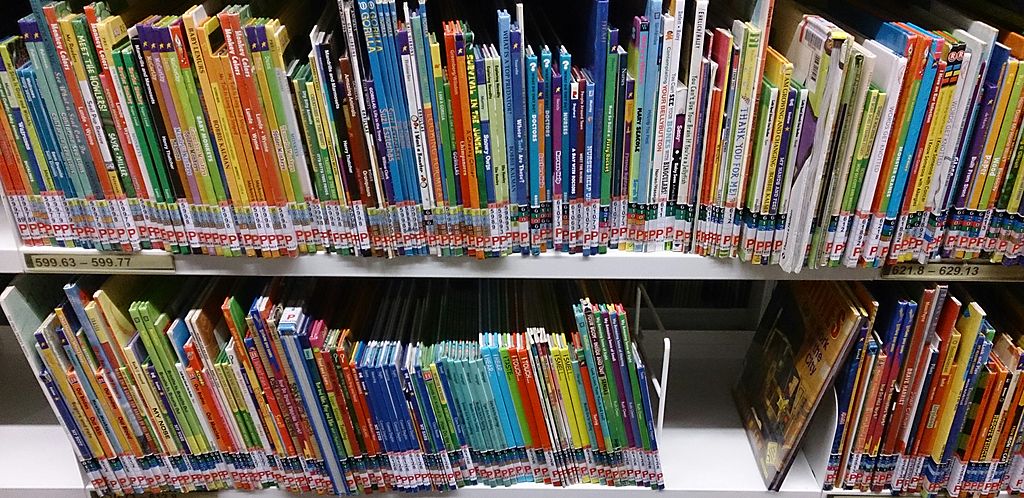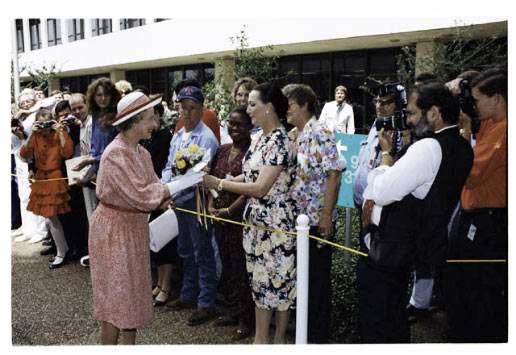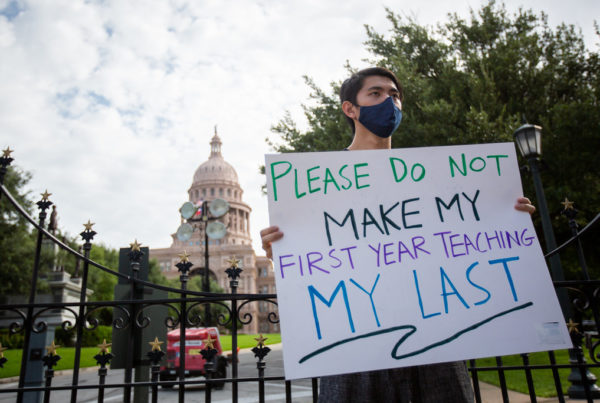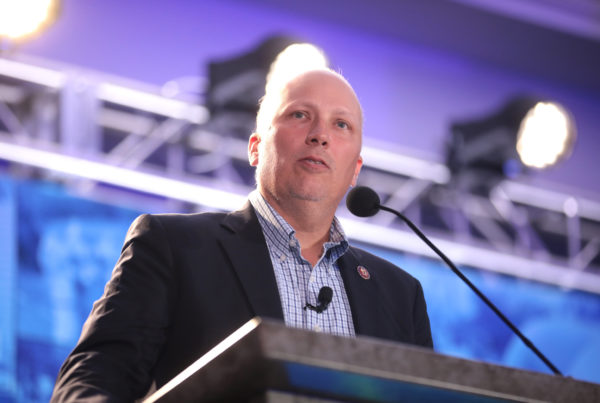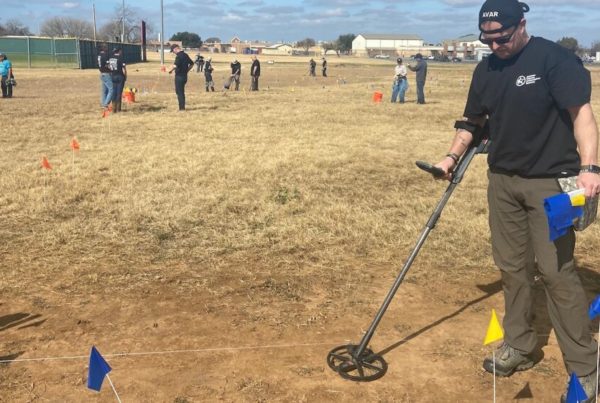School libraries in some Texas cities have recently faced challenges over books with LGBTQ themes on their shelves. But as The Texas Tribune and ProPublica have been reporting, the debate goes back several years in Hood County, south of Fort Worth.
Tribune/ProPublica reporter Jeremy Schwartz looked into a parent’s campaign back in 2015 to remove two children’s books with LGBTQ themes from her local public library. Schwartz tells Texas Standard that what happened could help us better understand complaints some parents and politicians are lodging today. Listen to the interview with Schwartz in the audio player above or read the transcript below to learn more.
This interview has been edited lightly for clarity.
Texas Standard: It seems like what was happening in Hood County, in a sense, foreshadowed what we’re seeing in school districts in Texas right now.
Jeremy Schwartz: Yeah, Hood County, seven years ago, in the summer of 2015, went through its own library book challenge episode. Now these challenges are quite familiar to folks across the state, but at the time it was extremely unusual for a book challenge to sort of consume a county the way that it did.
These aren’t school libraries we’re talking about; we’re talking about a public library. Where in Hood County?
In the county seat of Granbury. And it was the county library where a local mom had found an LGBTQ book in the children’s section.
2015 was also the year of the U.S. Supreme Court decision on gay marriage.
That’s right, that was sort of happening parallel with this. And that was also quite a big deal in Hood County because their county clerk had sort of famously refused to abide by that decision and was refusing to issue marriage licenses to gay couples. So that summer, the small county outside of Fort Worth was really consumed by these two fights: over LGBTQ books in the county library and on gay marriage.
Was the library book in question ever removed?
There were two books that the local mom and tea party activists were trying to get taken out of the children’s section. One book, the commissioners refused to move based on worries about the constitutional violations. The other was moved to the adult section. But neither of those actions were enough to really satisfy local folks.
The mom who brought the objections, Melanie Graft, sort of spearheaded what became a kind of movement. And she won herself a seat on the school board?
She did, she threw her hat in the ring last year, reminding voters of her role in the 2015 book challenge. And her slogan really was education, not indoctrination. She and another candidate really ran on a platform of keeping library books, school materials and teaching materials out of the district that touched on what they said was critical race theory, pushed LGBTQ ideology and other things along those lines that they found unwelcome.
You write that this also marked a shift for school boards. In the past, these sorts of races were never really thought of as partisan. Has that changed?
Yes, very much so. In Granbury and in Hood County, the school board races are, as they are throughout the state, nonpartisan. But this fall, the race became sort of a litmus test for the local GOP. Candidates were pushed by GOP activists to declare their party allegiance to sort of demonstrate their bona fides within the party. Both Melanie Graft and her fellow candidate, Courtney Gore, were endorsed by the local GOP, which raised some eyebrows and consternation.
Is this something that we’re going to see as a pattern now, that the GOP begins to endorse candidates? Or is this already happening?
Well, it is already happening in places like Hood County, where you are seeing activists who are promising that this is going to be the new way of doing things at the local level. The era of nonpartisan local politics is over and you’re going to see sort of politicization and partisanship not just in the school board but in city council, in the local boards and in volunteer boards. It signals quite a shift in parts of the state.
What about teachers and students? What say have they had in all of this, and how is it affecting them?
After the election, Granbury Independent School District did remove about 130 books from the shelves. Five were banned permanently and another 128 or so are being reviewed; most of those are LGBTQ titles. And it has led to quite a bit of concern among students who spearheaded a petition out there in Granbury that has gotten almost 1,000 signatures at this point, as well as concern among teachers. And at least one of the teachers that we talked to in our piece has decided to leave the district because of what she says is the injection of politics into the classroom.


